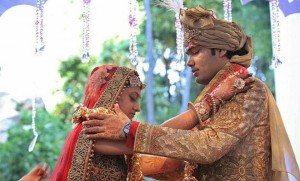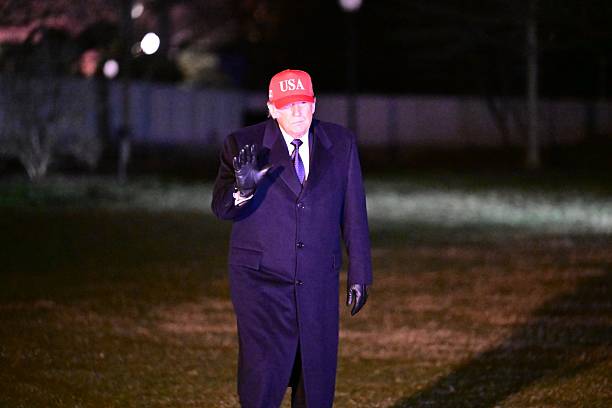(ThyBlackMan.com) As a handsome young, Indian commuter & I discussed the severe winters in the NYC Metro area, he said he considered moving back to the year-round tropical weather of his own country in fifteen years time. “India Tropical?” really? When I told him that I considered “expat-ing” abroad, in East Africa, perhaps Tanzania, he jumped in immediately and said, “Really? That’s where I am from!” Habari Gani! He then proceeded to talk in perfect Swahili.
Many people are aware of how the entrails of colonialism in Africa, left behind large numbers of Germans, Dutch, & French to name a few. And although many of these groups left en mass, as African countries began gaining their independence; those who remained now consider themselves to be Afrikaners, a separate ethnic group of non-indigenous Africans. 
But by what name do we call the more than one million Indians, who have for decades called Africa, home? And how many people know about the Asian population that settled in Africa, beyond South African borders? Yes, ethnic Indians can also be found residing throughout many other countries in sub-Saharan Africa. And their presence however small, is still noteworthy.
However, what brought them into Sub-Sahara Africa in the first place? Indentured servitude, the British, and the early scramble for African development play a prominent role. For example, when Britain commissioned the construction for the Kenya-Uganda Railway in 1896, the project brought over 30k Indians to Sub-Saharan African for work over a 30 year period.
However, this doesn’t explain why when work related contracts ended, or when dictators, like Idi Amin expelled them after having a dream in which “God told him to do it“, (sure blame God) still many of them chose to stay behind. One reason seems to have had much to do with what the British began doing – enterprising
During the 1900s’ Indians in Kenya held significant economic strength & political positions over indigenous Blacks. In 1905 a merchant named Alibhai Mulla Jeevanjee, became one of Kenya’s first Indian politicians. He also founded The African Standard – Kenya’s first newspaper, which is still in circulation today. And did you know that by 1948, 183 of Uganda’s 195 cotton mills were Indian run? Indians also largely controlled the trade in Zanzibar.
Presently, East African countries like Tanzania not only have an Indian embassy but have former beauty queens of Indian descent. Zambia Mozambique and Rwanda also have thriving Indian communities. And Zanzibar is the birthplace of Freddie Mercury, leader of the band Queen. Over the following decades, Indians amassed a comfortable amount of wealth, owning properties establishing businesses and cornering commercial trade markets in countries like Kenya, Tanzania, and Malawi. “A Bend in the River written by Indian-Trinidadian author, V.S Naipaul, is said to have best described the experience of the Indian population in Sub-Saharan Africa.
Like most Africans, these Southeast Asian descendants speak several languages; English, one or two ancestral Indian languages (i.e. Gujarati) and of course, the national language of the African country they are from (i.e. Swahili). Historically, Indians have moved throughout the world in search of work, for centuries. They can also be found calling home to a number of Caribbean countries like Trinidad, Guyana, Suriname & Jamaica.
Take a look as writer/director Steve Sander’s tells the tale of these trans-continental Indians or “Indian-Africans” in a documentary called African Raga. And the next time someone of Indian descent tells you they can’t wait to visit home, be sure to ask “where” exactly home is.
Staff Writer; Tess Rose
May connect with this brother via Twitter: http://twitter.com/9to5nyc.
Also visit the following blogs; http://9to5newyork.blogspot.com and http://101Africa.blogspot.com.

















The bottom line is more like looking for opportunities that are available in their own Country (India). Many India’s here in the US, are taking advantage of the education and entrepreneurial opportunities afforded every person here. Indians have been doing the jobs that US Americans chose not to do, leaving Motel keepers, Taxi Drivers, Convenience Store Clerks and other small businesses open for the taking. Don’t hate motivate.
The bottom line is that Indians did the samething Europeans did in Africa, loot it for it’s wealth.